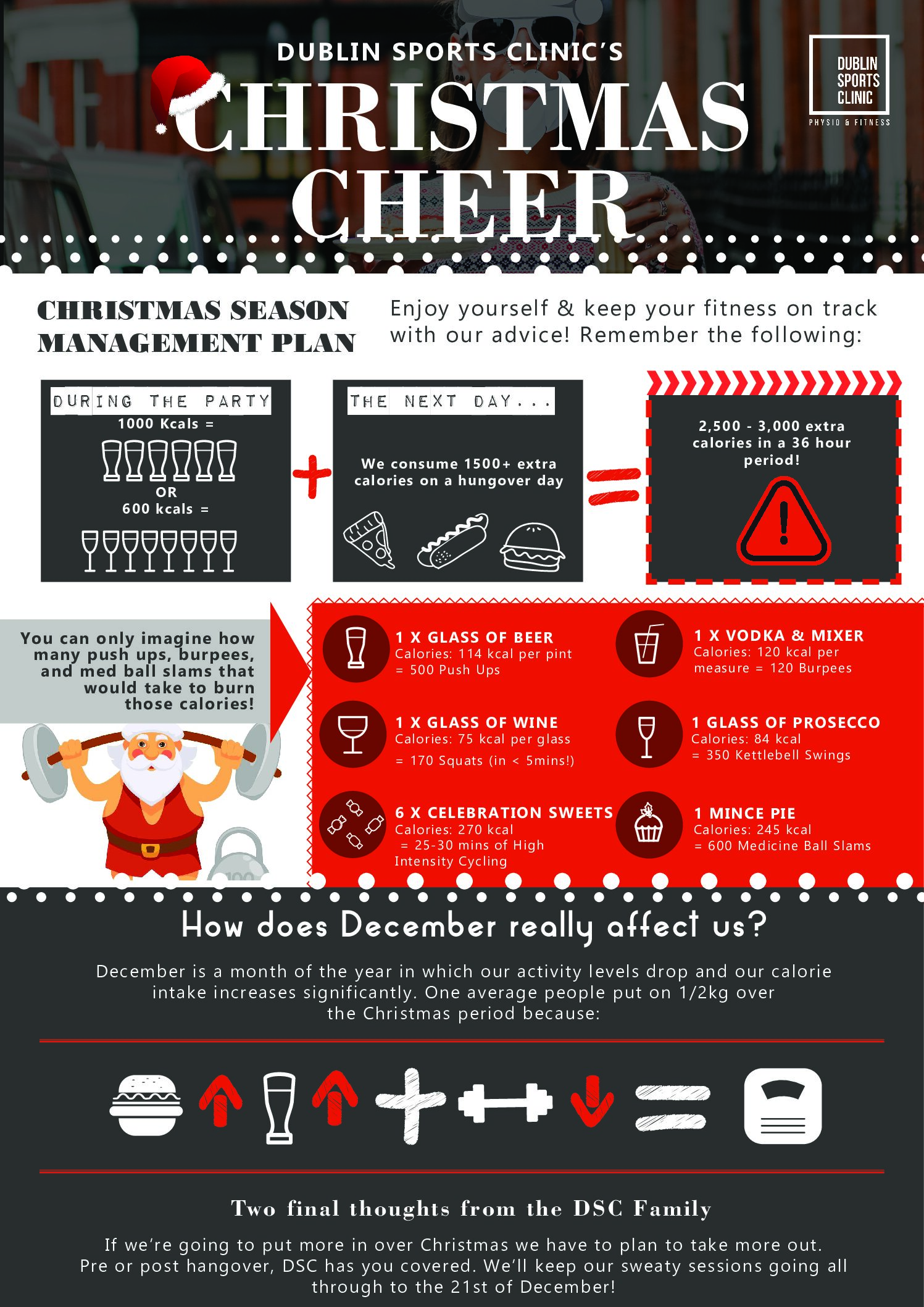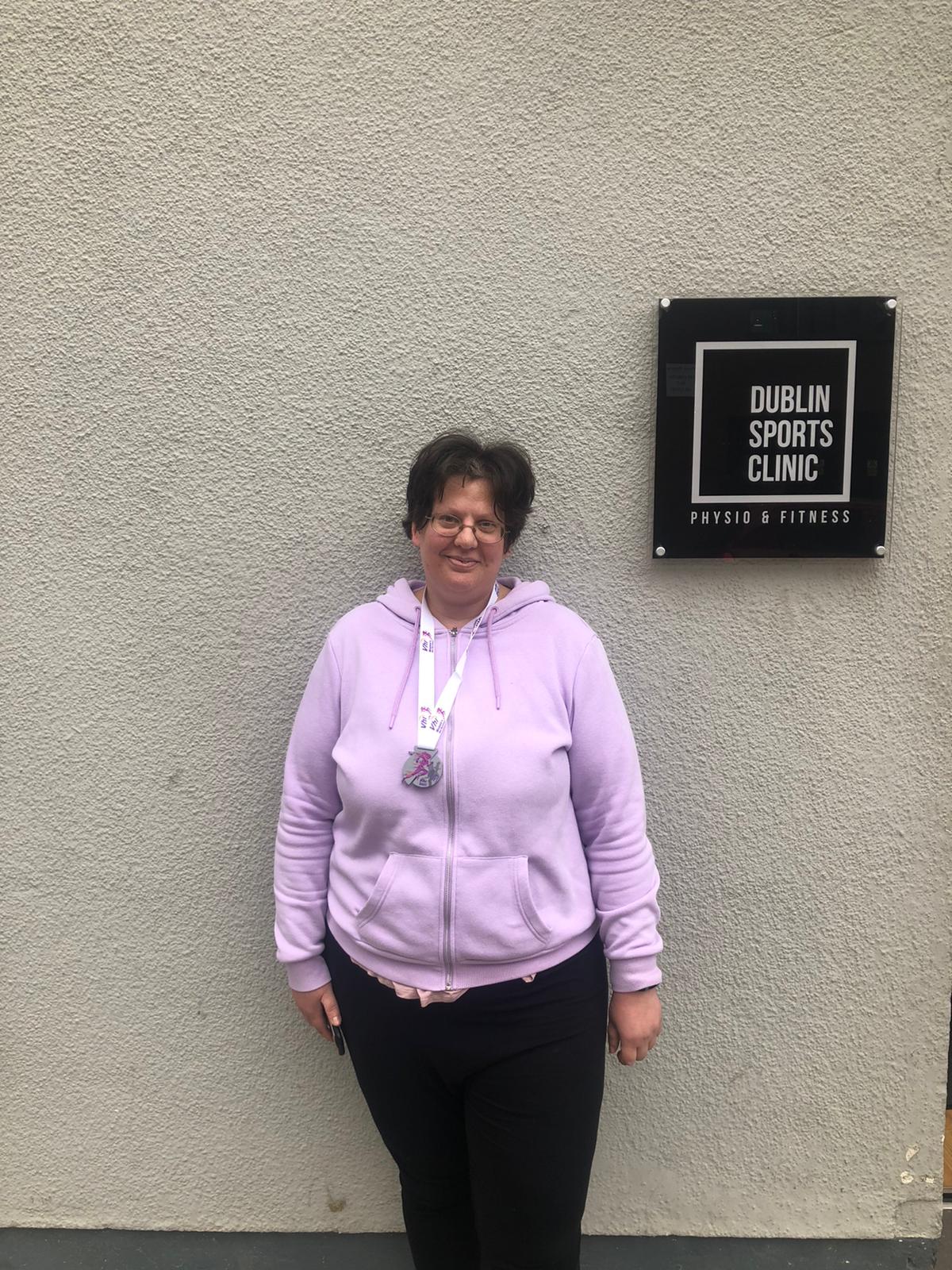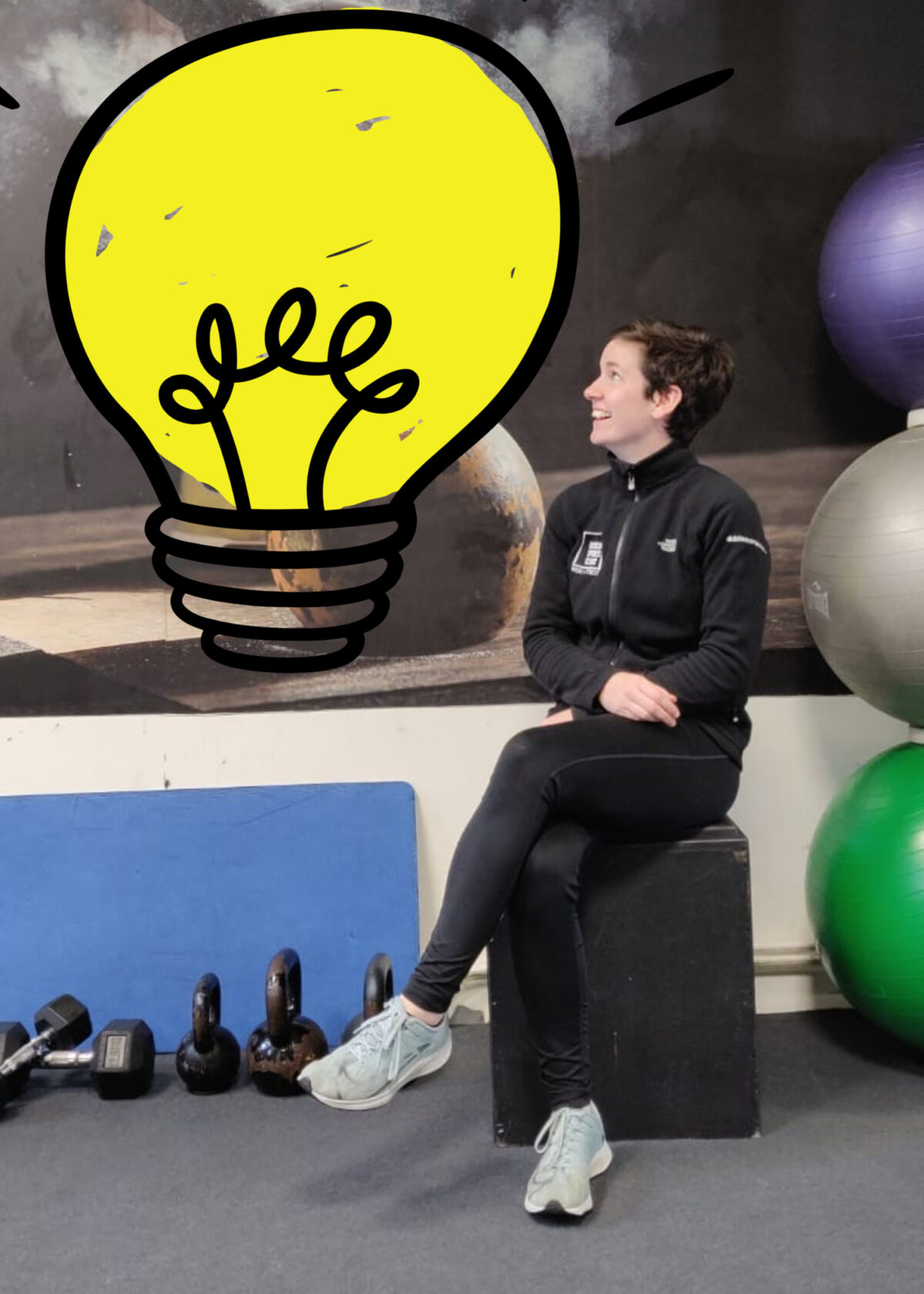Ever wondered what it would be like to take on one of the toughest Mountain Bike stage races in the world? In March, two of our inspiring clients did just that. The Absa Cape Epic is 8 days long and covers over 650km in the mountains and plains of the Western Cape in the South African heat. The ‘Hors Catégorie’ (beyond categorisation) event is commonly referred to as the Tour de France of Mountain Biking, attracting the top riders from across the world every year. Riders compete in teams of two and must stay together for the duration of the race and finish within two minutes of each other at each stage. Searing heat, serious climbs and unforgiving terrain are only some of the challenges the teams face where physical effort, teamwork and tolerance are pushed to the absolute limit. Each year 600 teams start but many do not finish. Robert Kehoe and Mark Kidd of the Fixx Roleurs Team took on the challenge of this year’s event. This is their story.
Part 1: Robert Kehoe
My legs are aching, I’m covered in dust, I feel like crap and just want to wash the grime off myself when my phone rings. ‘How did you go today?’ I’m asked. As I try to respond a wave of emotion sweeps over me and I choke up. ‘I’ll have to call you back’ I say. I’ve just ridden 110 kilometres off-road in South Africa. The temperature reached 30 degrees and I have had the toughest day I’ve ever spent on a bike. It’s Day 2 of The Cape Epic.
The Cape Epic is an 8-day mountain bike stage race billed as the toughest in the world. It takes place over 653km of off road terrain with 13,500 metres of climbing and includes 4 consecutive days of over 100km. My Fixx Rouleurs teammate Mark Kidd and I have been training for nine months for this, putting in 14 to 22 hours a week on the bike and weekly strength and conditioning sessions in Dublin Sports Clinic. We have done 3 ‘camps’ where we’ve ridden 4 to 5 days of 5-plus hours a day back to back. We have never been fitter.
Of the 680 teams of 2 riders, including current and former World Champions, Olympic Champions, Tour De France stage winners, and countless weekend warriors like ourselves we were placed about halfway on the first two days but as I get weaker our placing falls. Mark is pissed off we are slipping down GC. There are hundreds behind us. I’m not sure how I’m going to finish.

Toughest in the world – the ABSA Cape Epic.
I spend the night in and out of the toilet with a severe gastric bug. We’ve been warned about it and although I learn that the current Olympic Champion’s partner has had to pull out with the same bug it’s no comfort. I’m weak from the yesterday’s ride and from lack of sleep. I’m completely depleted. I decide to ride conservatively on Day 3 and manage to get through the 100k in a shade under 6 hours. It’s grim, but better than the day before.
It’s 5.20 am on Day 4 and the alarm goes off. My heart sinks. Another night with no sleep. I don’t know what to say to Mark. He is having to hold back and stay with me as we need to ride together and finish together. He tells me I’m fucked and won’t finish. I mumble something about having to try anyway, when he chastises me and tells me I’ll collapse in the middle of nowhere and die of organ failure. We agree I’ll get my bloods done before the start and see what the docs say.
The medical tent is not too busy at 7am. Later it’ll look like a scene from M*A*S*H. My bloods are taken and I’m told I’m not too bad and that there isn’t a medical reason I can’t ride. They give me a bottle of gloop and tell me to swig it every four hours to see will it settle my stomach. Satisfied, Mark agrees we’ll ride on.
Today is 120 kilometres, the longest stage. I decide I’ll try to get to the first aid station and see what happens. I have one pace. Mark is patient and encouraging and though I’m grateful I’m in a world of hurt and envy him his strength. I’m burning 6,000 calories a day but struggling to eat. I grab a quarter of a cheese sandwich at the aid station, drink a half cup of Coke, and refill my bottles while Mark holds my bike then we ride on. He’s riding ahead of me, chatting to other riders. My world has narrowed to the profile sticker on my top tube telling me what’s coming and the wheel in front of me. There is nothing else. Keep pedalling. One more steep kicker and there’s a descent. Dig in. Remember to drink.
I look around me at the other riders thinking we should be up the road. Equally, though, I’m full of respect for anyone still riding. The dropout rate is high. Sickness, crashes and simply not making the cutoff times.
The descents are the only place I can make up places. They’re fast, and the ground is loose. We are catching people and it’s good for morale but there isn’t much point in riding too aggressively this far down. We ride on.
Aid station to aid station we get there. Six hours 49 minutes.
Day 5, the Queen Stage. It’s shorter at 104km but the terrain is rougher. It’s heavy going and it’s hot. Mark is riding strong and I hang out of his jersey on a climb until the pressure it puts on my saddle sore is too much and I let go. Back to my own world, one pace. Try to eat at the aid stations, risk drinking the Coke even though I know I’ll pay later. I’m trying to balance calorie intake against nausea and cramps. It’s minus craic. We get through it, chatting to others suffering equally along the way. One Belgian team who had struggled badly with sickness rally and take off. I’m glad for them and wonder will I come around. Seven hours 24 minutes.
Finally, Day 6. It’s only 40km but there is 1,400 metres of climbing and the temperature hits 37 degrees. It’s a Time Trial format. We don’t bother warming up. There is no shade. We ride at my pace and pick it up on the descents. Three hours today. I think I might make it to the finish.
The next two days pass in a blur. Up at 5.20 am. Try get some food in. Paracetamol to take the edge off the saddle sore, gloop for the stomach and Dioralyte for the dehydration. It’s about not crashing at this point. I push where I can but most of effort goes into turning the pedals at a survival pace. I have no reserves. Mark is riding well. Five-hour days, which at this stage feel like half days.
And then we see the 5k mark on Day 8 and know we are going to finish. Some friends are at the finishing chute with an Irish flag and Mark grabs it before we cross the line. I don’t know what to make of it all at this point. I’m disappointed about my performance, I’m proud that we finished in the circumstances. I’m grateful to Mark and the others that supported and encouraged me during some dark moments. I’m full of respect for all the riders.
We go into the recovery tent for the last time. We are greeted, as we have been every day, by staff draping cold towels across our shoulders as they give us a vigorous neck rub. We grab the food offered to us and sit down, exhausted, relieved, happy.
I tell Mark to come on and we make our way to the VIP area. We blag our way in the back way, nodding at the security as we have done every day since I dropped the guard a handful of Rand. ‘It’s like being away with Del Boy’ Mark mutters as we grab towels and soap from the waiting staff. I laugh for what feels like the first time in days.
What to say? I’m glad I’ve done it. I’m grateful to my coach, to Fiona Oppermann in DSC who helped me build the conditioning that ultimately got me through, to Mark and my friends and family who willed me on along with fellow riders. It can mean a lot when one is at the limit.
They say there are three types of fun. Type 1: when it’s fun during it and fun looking back. Type 2: when it’s not much fun during it but looking back it’s great. And then there is Type 3 which is no craic during it and not much better on reflection. The Cape was Type 3. For now……

Sick, tired, sore: Robert Kehoe of Fixx Rouleurs on day 2 of the race.
Blog by Robert Kehoe of Fixx Rouleurs Cycling Club & Dublin Sports Clinic client.

Staying on Track in December
Around Christmas time we have more work dinners, catch up with old friends, friends come home for the holidays and there’s a more family gatherings.

Member of the Month
Stephanie has been one of the most consistent and motivated clients I have ever trained. After ankle surgery a few years ago, our training journey

Top 10 Q’s October
How often should I train in a week? Easy – at least 4 times a week to achieve a healthy lifestyle. Your weekly exercise routine

